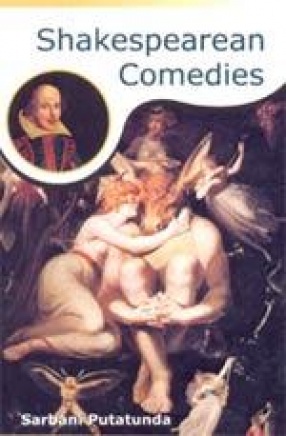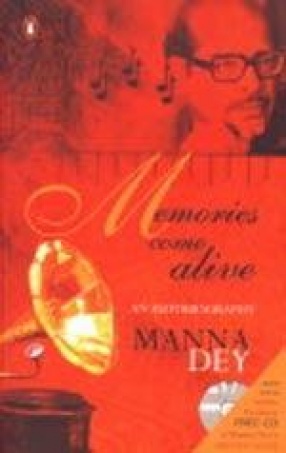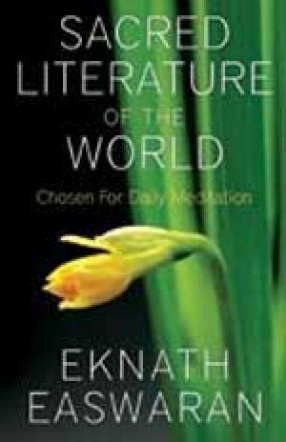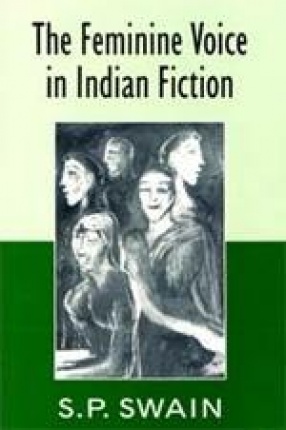According to the social historians of England, after the economic and religious unrest of the middle Tudor period, the freedom preached by the humanists rejuvenated in a way the moral of the entire nation. And Shakespeare having chanced upon the best time in which to live had ample opportunity to exercise, with least distraction and most encouragement, the highest faculties of man. His comedies, therefore, register most comprehensively the characteristics of the congenial social atmosphere of his time. The saturnalia presented in his comedies are not inimical to the positive aspects of a new bourgeois social set-up, which facilitated the notions of peace and order. But inside the large England, which still retained the remnants of monarchy and/or aristocracy, society was afflicted by many discordant elements, which Shakespeare never failed to notice and record. As an assiduous comic playwright, he infused in his saturnalia the hints of many social injustices, the oppressive patriarchy (Egeon and his diktats against his daughter for daring to choose her own husband in A Midsummer Night’s Dream), the crisis of aristocracy (Sir Toby and his likes), the degeneration of moral values leading to an erosion of social values in a mercantile society, and the historical retrospection of the turbulent past. The infusion though pronounced in his early comedies is not entirely absent in the middle comedies, which contain elements of social realism behind a romantic exterior. The audience would naturally realize that both the early and the middle comedies of Shakespeare were interlinked in the context of the social realism of the Elizabethan period. The delicate of Oberon and Titania in a Midsummer Night’s Dream, for instance, represent a different version of matrimony throughout causing the reader to question the validity of the institution. Likewise in the Taming of the Shrew one is at a loss at the end of the play when kate appears to be more subservient than either her sister or the widow. Has marriage actually tamed her or has she relinquished her past misdemeanors willingly because she has fallen in love with Petruchio? The world in Twelfth Night is also clearly demarcated into two classes –the landowning wealthy aristocrats and titular aristocrats whom Lawrence classifies as the ‘declassed aristocrats’. The historical retrospection of the past is made clearer at this apparently incongruent point, than in all other romantic comedies. The book would definitely prove valuable to students and teachers concerned with Shakespearean works.
Shakespearean Comedies
In stock
Free & Quick Delivery Worldwide
Bibliographic information
Title
Shakespearean Comedies
Author
Edition
1st ed.
Publisher
ISBN
8126906847
Length
x+214p., Notes; Bibliography; Index; 23cm.
Subjects






There are no reviews yet.